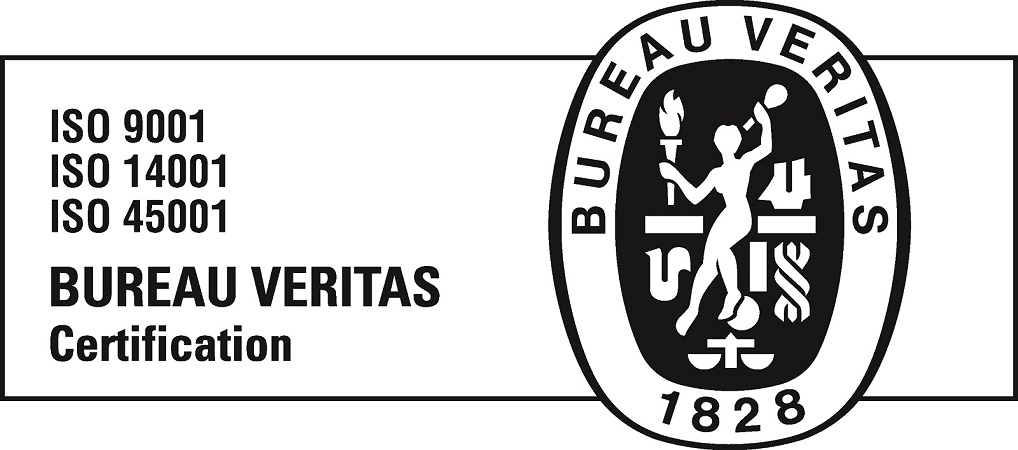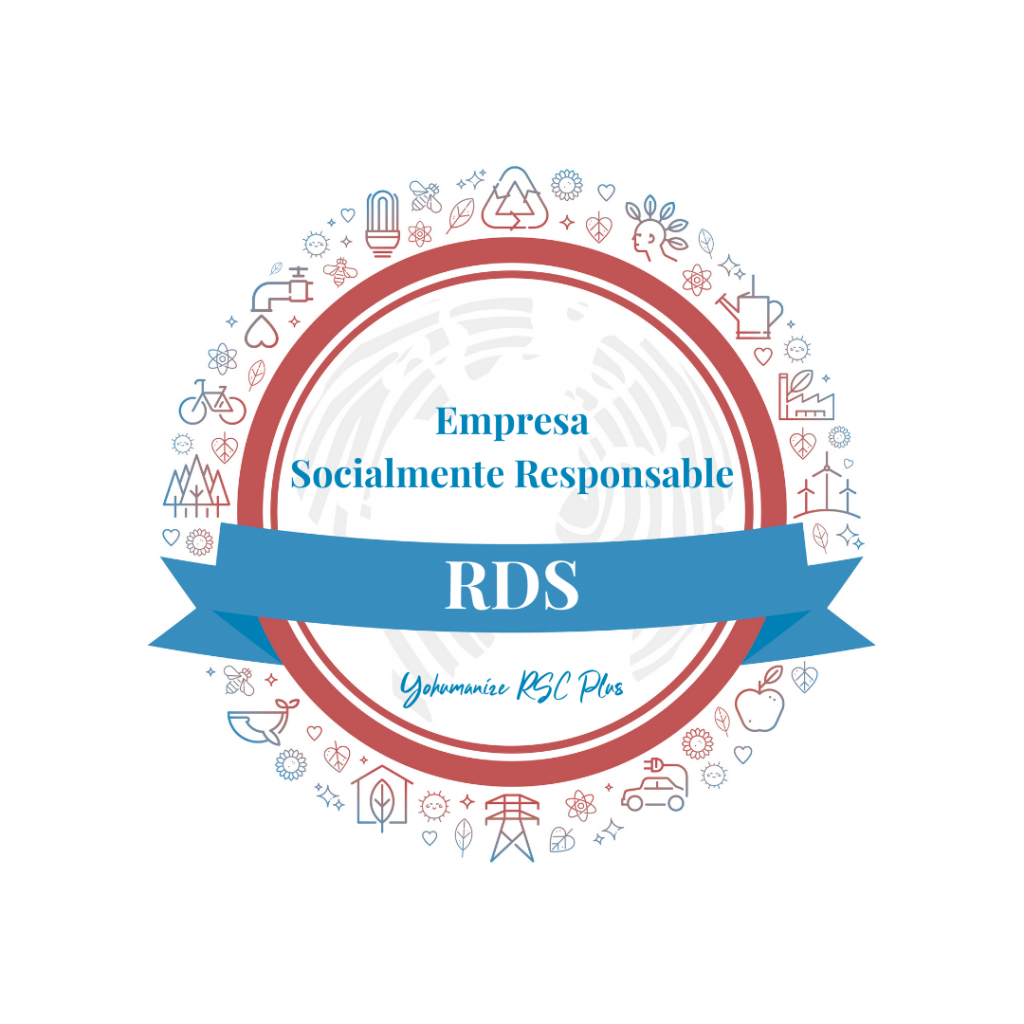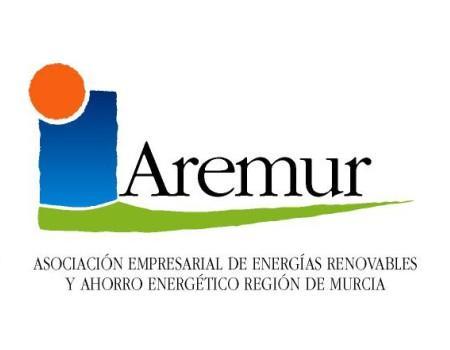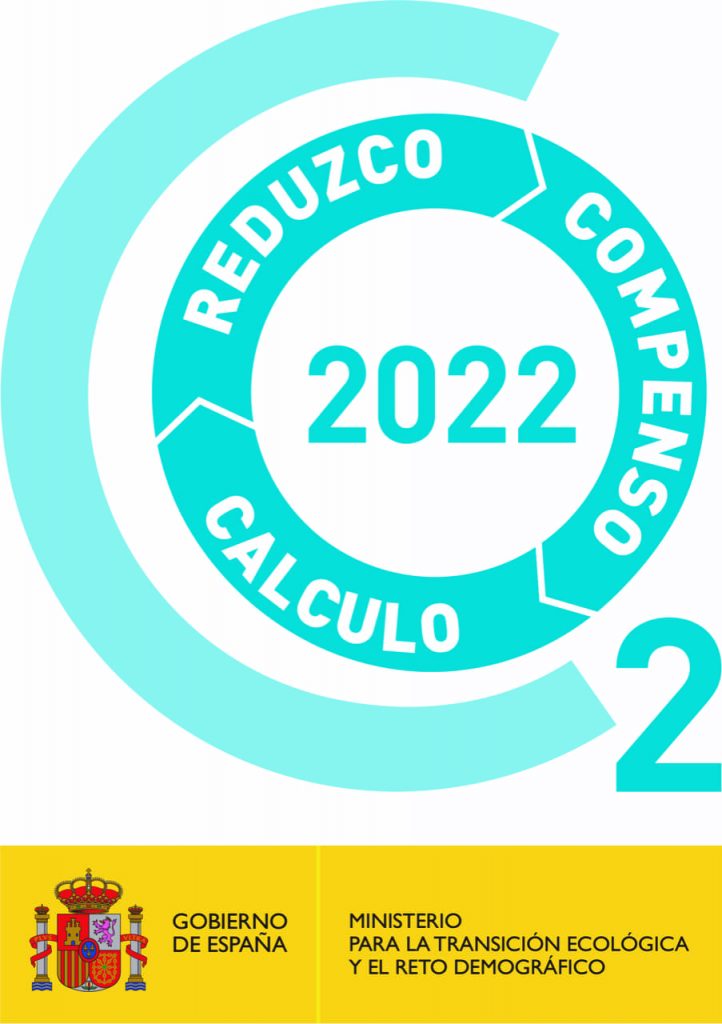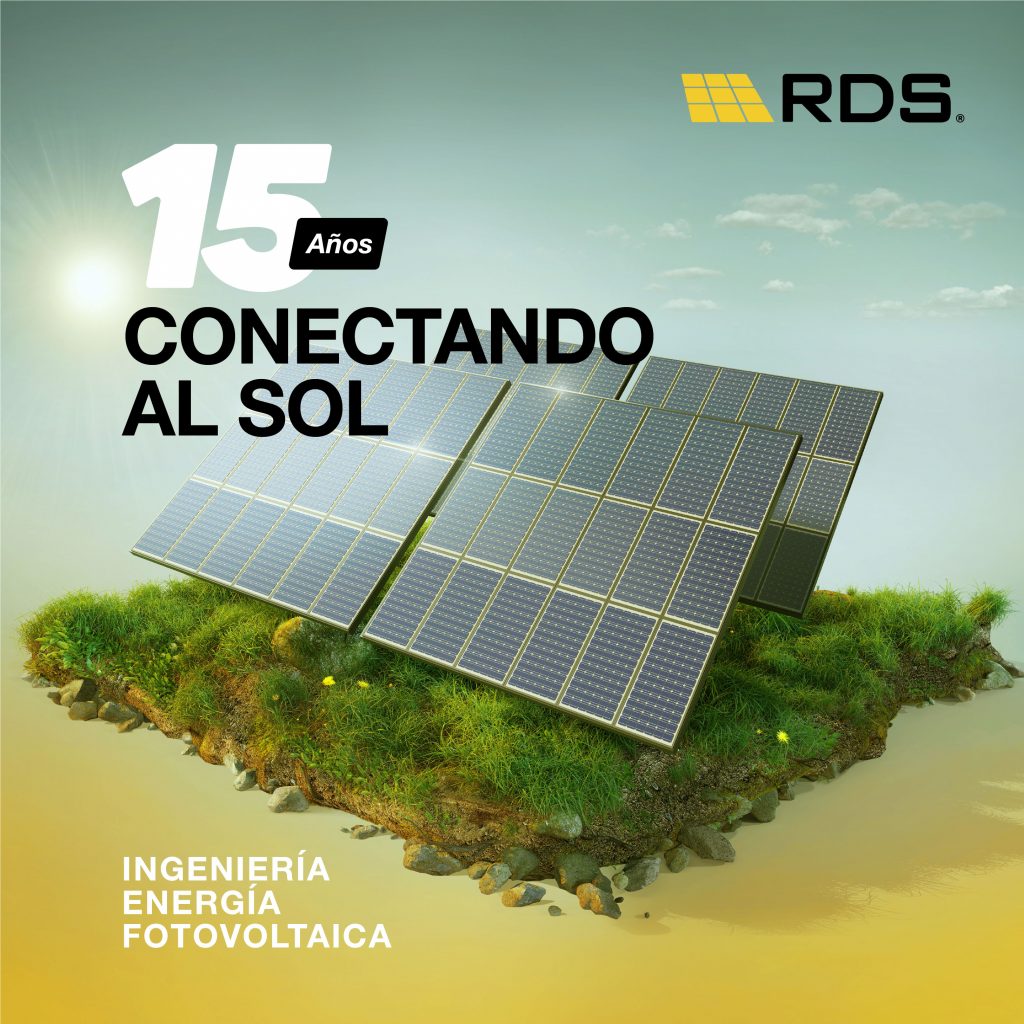Like almost everything, it depends on many factors. At RDS we review the main advantages and cons of having a solar garden to make it profitable. Do not miss it!
Pros and cons of solar gardens
Pros
- Reuse of the land: Solar gardens allow productive use of land that was previously unused or vacant. This initiative contributes to the efficient use of available space for the generation of sustainable energy.
- Sharing expenses and taxes: One of the advantages of investing in solar gardens is that the costs associated with management, installation and maintenance are shared between the different owners of the garden, which reduces the individual financial burden and facilitates the development of the project.
- Medium-term profitability: Thanks to the growing demand for renewable energy, solar farms represent a profitable investment in the medium term. The returns obtained from the generation of clean energy allow the initial investment to be recovered and generate profits in a relatively short period.
- Boom in demand for this renewable energy: Awareness about the environmental impact and the need to reduce the carbon footprint has led to a significant increase in the demand for solar energy. Solar farms are positioned as a sustainable and attractive solution to satisfy this growing demand.
- Subsidies to promote these initiatives: Governments and government agencies often offer subsidies and aid to promote renewable energy projects, including solar farms. At RDS you can advise and facilitate access to these opportunities.
- Clean and sustainable energy: Solar farms generate energy from a clean and renewable source, such as solar radiation. By choosing this form of energy, you contribute to reducing greenhouse gas emissions and caring for the environment.
Cons
- High initial investment for solar farms: Although solar farms can be profitable in the medium term, the initial investment for their development can be significant. It is important to have adequate initial capital or look for financing options to carry out the project.
- Dependence on solar intensity and weather: Energy production in solar farms is directly related to the amount of solar radiation received. On cloudy days or with lower solar intensity, energy generation may be affected.
- Sector subject to changes in legislation: Regulation regarding renewable energy may undergo modifications that impact the profitability and conditions of solar farms. It is necessary to be attentive to possible legislative changes that may affect the development of the project.
- Increased competition in the sector: The rise of solar energy has attracted more players to the market, which can lead to greater competition in some areas. At RDS we can provide strategies to differentiate ourselves from other companies and thus maintain a competitive position in the sector.
In summary, solar farms represent an attractive opportunity to invest in clean and sustainable energy. Through the reuse of land and sharing expenses, these projects offer advantages in economic and environmental terms. However, it is important to take into account challenges such as initial investment, dependence on weather conditions and the possibility of regulatory changes. RDS can provide the advice necessary to evaluate all of these variables and make informed decisions, allowing investors to take advantage of opportunities in the growing solar energy market.
If you are interested in learning more about solar farms and how they can benefit your investment in sustainable energy, do not hesitate to contact our team of experts. We are here to provide you with all the information you need to make a solid and responsible decision in the field of renewable energy.
